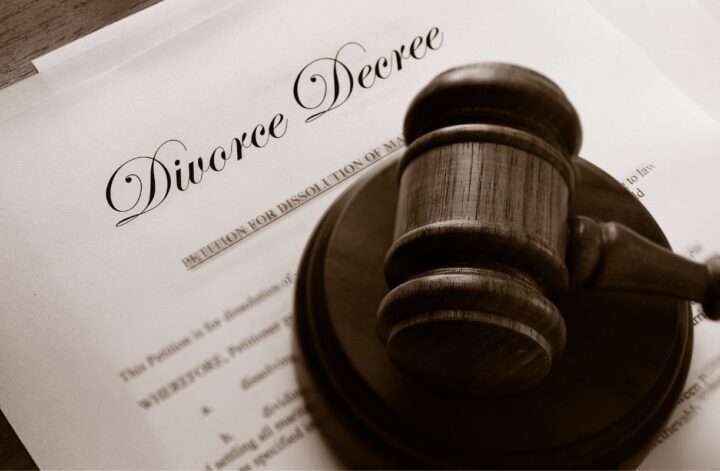The things you do after receiving divorce papers can make or break how the proceedings go. While it’s tempting to ignore the situation, tackling everything head-on will help give you the best possible outcome. Consider the steps below to ensure you’re doing everything right.
Read Through the Papers Carefully and Hire an Attorney
When you receive your divorce papers, you must treat them as legal documents because they are. You must respond to these papers, but you should read through them and hire an attorney before moving forward. Look for these three things: the specific summons or court where your spouse filed the documents, the deadline for your response, and any other specifications or considerations, such as freezing your bank accounts.
Not knowing what the terminology means in these divorce papers can make this whole process stressful and confusing. That is why you should take steps to look for a family attorney. These professionals understand the legal jargon and can help guide you in the right direction for your case.
Respond to the Divorce Papers
After receiving divorce papers, the next thing to do is respond to the court with your counter-petition. Typically, you have a 30-day period to read and respond to the legal papers. If you do not respond within 30 days, the court could exclude you from the proceedings and give your partner everything they request.
In your response, you and your attorney will address each request your spouse put into writing and make your requests. For example, if your divorce involves children, your spouse might request full custody. In your response, you can either agree with the conditions or disagree with a counter-request, like 50/50 custody.
Gather Information and Documentation
Your attorney will ask for several documents to help clarify the ownership of your and your spouse’s possessions. This also provides them with information to argue and fight on your behalf. Preliminary documents include birth certificates, marriage licenses, and social security cards. As for financial records, you will need to pay stubs, tax returns, and bank and credit card statements. Don’t forget; you’ll also need documents identifying your debts too.
Protect Your Assets and Possessions
What account are your paychecks going into? If the divorce summons allows you to open a bank account in only your name, do so. While you cannot transfer marital assets into this account, you can place your future paychecks here. It’s best to do this as soon as possible because you will be separating bank accounts during the court proceedings. This helps you save money without mixing it with your marital assets.
Receiving divorce papers might come as a surprise, but how you handle the situation moving forward can determine how well the court case goes. Ensure you’re hiring an experienced attorney to help steer you down the right path. Follow the steps above to help make this transition as smooth as possible.



